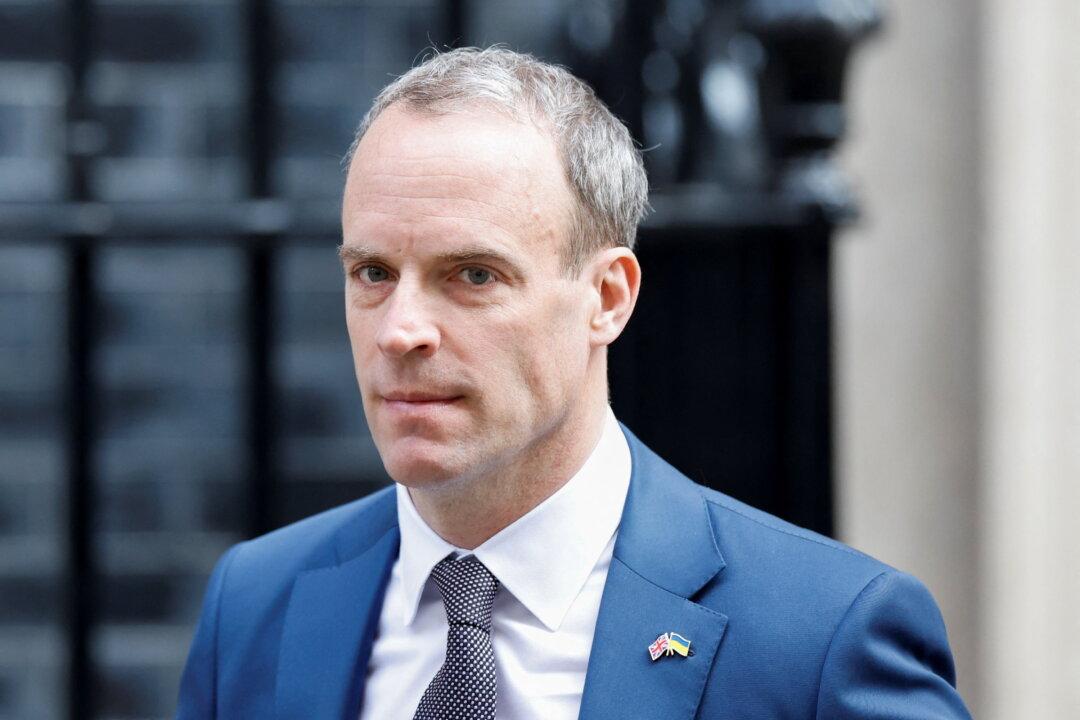Justice Secretary Dominic Raab has unveiled a Bill of Rights that he claims would overrule decisions made by the European Court of Human Rights, such as the recent interim measure which blocked the deportation of several illegal immigrants to Rwanda.
Raab, who is also the deputy prime minister, says the Bill of Rights—which would supplant the Human Rights Act—would assert that British courts do not have to follow edicts from Strasbourg and the UK Supreme Court in London is the ultimate arbiter on human rights issues.





